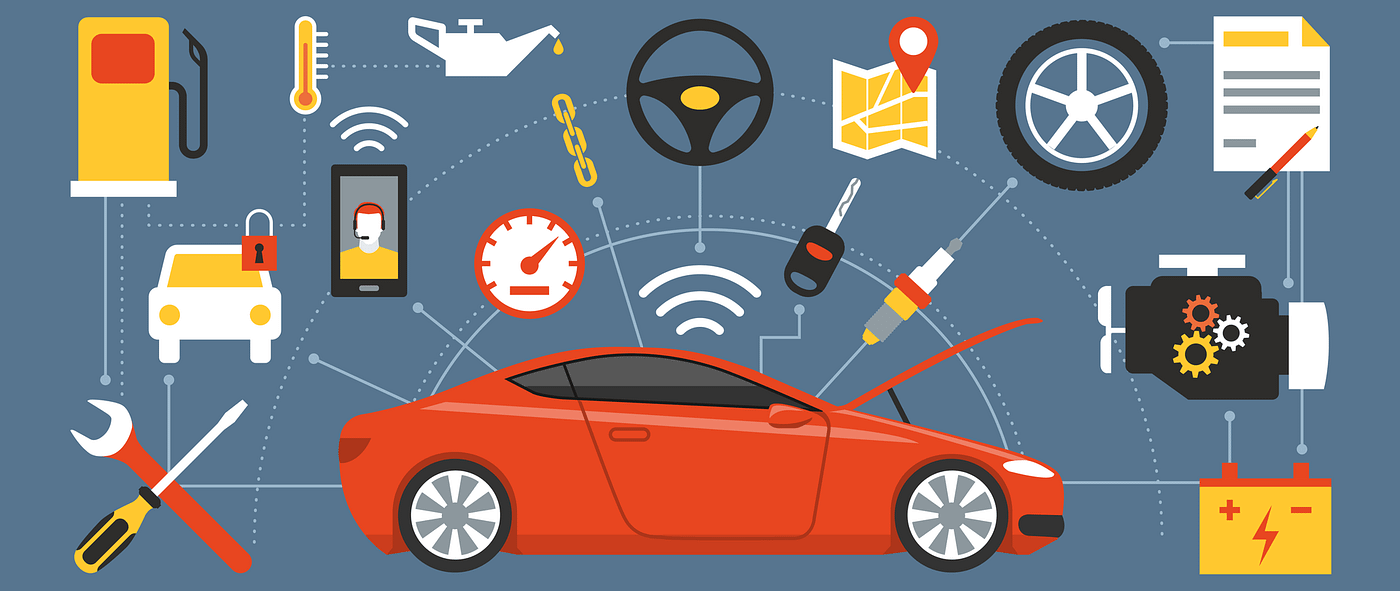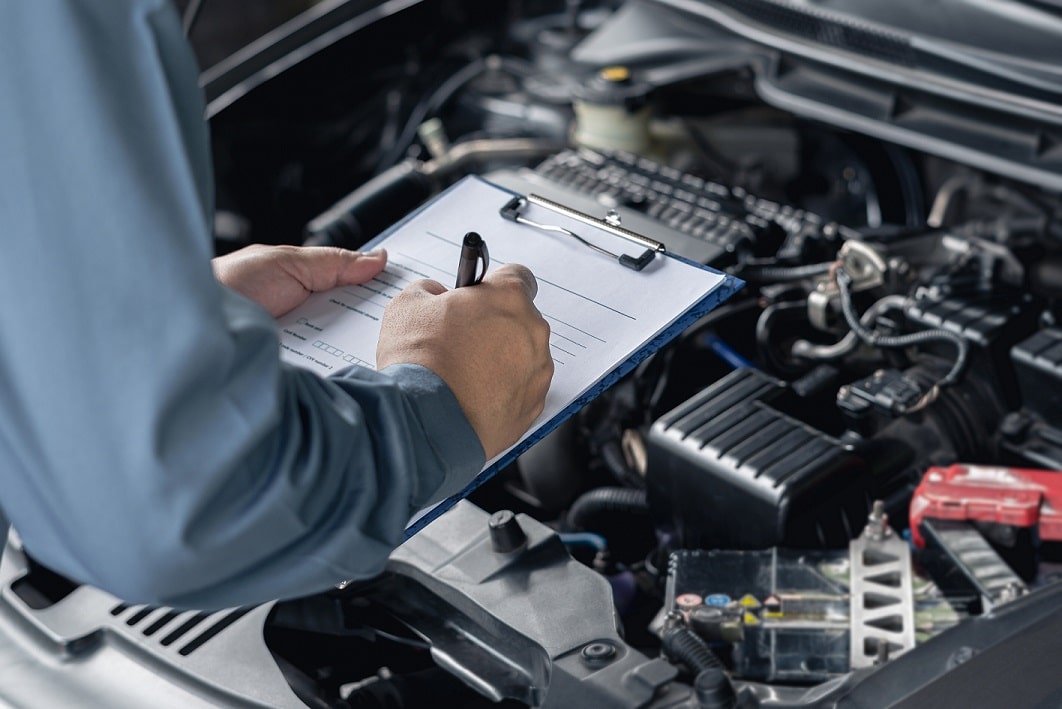All Categories
Featured
The timing belt is a critical element of your engine, in charge of synchronizing the movement of different engine parts, such as the crankshaft and camshaft. This makes certain the engine's shutoffs close and open at the correct times during the burning cycle. While the timing belt might not be something you consider commonly, neglecting its upkeep can result in significant engine damage and pricey repair services. Here's why timing belt substitute is vital for your lorry's long life and efficiency.
What Is a Timing Belt and Just How Does It Work? The timing belt is a rubber or composite material belt that links the crankshaft to the camshaft in an inner burning engine. The camshaft manages the opening and closing of the engine's consumption and exhaust shutoffs, and it has to be timed perfectly with the motion of the pistons in the engine. The timing belt guarantees that these parts are in sync, permitting the engine to run smoothly.
If the timing belt ends up being or stops working put on out, the camshaft and crankshaft will no more be synchronized, which can create the engine's shutoffs to strike the pistons. This results in devastating engine damages and usually needs expensive repair work and even an engine replacement.
Why Is Timing Belt Substitute Important? With time, the timing belt can put on down as a result of rubbing, heat, and basic engine wear. While it might look like a small problem, a malfunctioning timing belt can cause severe engine troubles. Below's why timely replacement is important:
Protecting Against Engine Damages: As stated, a busted or slipping timing belt can cause the engine's pistons and shutoffs to collide. This leads to curved shutoffs, harmed pistons, and in severe instances, a complete engine failing. Changing the timing belt before it damages can avoid this pricey damage.
Keeping Engine Effectiveness: A damaged timing belt can interrupt the synchronization of the engine components, reducing total engine performance. Replacing the belt aids keep ideal engine feature, guaranteeing smooth procedure, boosted fuel efficiency, and much better performance.
Staying Clear Of Unexpected Breakdown: A busted timing belt can leave you stranded on the side of the road, triggering a major trouble. By replacing the timing belt at the recommended periods, you can stay clear of the threat of an unforeseen breakdown, especially in the center of a lengthy journey or when you the very least anticipate it.
![]()
Saving Cash over time: While timing belt substitute can feel like an expense you may desire to put off, it's much more affordable than the price of repairing or replacing a damaged engine. The substitute cost is reasonably budget-friendly contrasted to the substantial repair services called for if the timing belt breaks. Proactive upkeep can conserve you countless bucks in repair work and protect your automobile's value.
When Should You Replace the Timing Belt? The timing belt replacement schedule can vary relying on your car's make and version. Generally, the majority of makers advise replacing the timing belt every 60,000 to 100,000 miles. It's always best to consult your owner's handbook or a relied on technician for specific referrals for your car.
Indicators that your timing belt might be in need of replacement include unusual engine noises such as ticking or whining, trouble beginning the engine, or an obvious decrease in engine performance. It's important to have the timing belt examined right away. if you experience any of these signs.
![]()
Conclusion. Changing the timing belt at the advised periods is an essential component of keeping your engine's health and wellness and making certain that your vehicle runs smoothly. A broken timing belt can cause expensive repair work, engine failing, and unforeseen break downs, which can be stayed clear of with appropriate maintenance. Always adhere to the supplier's advised timing belt replacement timetable and get in touch with a professional mechanic if you discover any kind of indicators of wear or damage. By maintaining this vital part of your engine in great condition, you'll safeguard your vehicle from costly repairs and enjoy lots of even more miles of worry-free driving.
What Is a Timing Belt and Just How Does It Work? The timing belt is a rubber or composite material belt that links the crankshaft to the camshaft in an inner burning engine. The camshaft manages the opening and closing of the engine's consumption and exhaust shutoffs, and it has to be timed perfectly with the motion of the pistons in the engine. The timing belt guarantees that these parts are in sync, permitting the engine to run smoothly.
If the timing belt ends up being or stops working put on out, the camshaft and crankshaft will no more be synchronized, which can create the engine's shutoffs to strike the pistons. This results in devastating engine damages and usually needs expensive repair work and even an engine replacement.
Why Is Timing Belt Substitute Important? With time, the timing belt can put on down as a result of rubbing, heat, and basic engine wear. While it might look like a small problem, a malfunctioning timing belt can cause severe engine troubles. Below's why timely replacement is important:
Protecting Against Engine Damages: As stated, a busted or slipping timing belt can cause the engine's pistons and shutoffs to collide. This leads to curved shutoffs, harmed pistons, and in severe instances, a complete engine failing. Changing the timing belt before it damages can avoid this pricey damage.
Keeping Engine Effectiveness: A damaged timing belt can interrupt the synchronization of the engine components, reducing total engine performance. Replacing the belt aids keep ideal engine feature, guaranteeing smooth procedure, boosted fuel efficiency, and much better performance.
Staying Clear Of Unexpected Breakdown: A busted timing belt can leave you stranded on the side of the road, triggering a major trouble. By replacing the timing belt at the recommended periods, you can stay clear of the threat of an unforeseen breakdown, especially in the center of a lengthy journey or when you the very least anticipate it.

Saving Cash over time: While timing belt substitute can feel like an expense you may desire to put off, it's much more affordable than the price of repairing or replacing a damaged engine. The substitute cost is reasonably budget-friendly contrasted to the substantial repair services called for if the timing belt breaks. Proactive upkeep can conserve you countless bucks in repair work and protect your automobile's value.
When Should You Replace the Timing Belt? The timing belt replacement schedule can vary relying on your car's make and version. Generally, the majority of makers advise replacing the timing belt every 60,000 to 100,000 miles. It's always best to consult your owner's handbook or a relied on technician for specific referrals for your car.
Indicators that your timing belt might be in need of replacement include unusual engine noises such as ticking or whining, trouble beginning the engine, or an obvious decrease in engine performance. It's important to have the timing belt examined right away. if you experience any of these signs.

Conclusion. Changing the timing belt at the advised periods is an essential component of keeping your engine's health and wellness and making certain that your vehicle runs smoothly. A broken timing belt can cause expensive repair work, engine failing, and unforeseen break downs, which can be stayed clear of with appropriate maintenance. Always adhere to the supplier's advised timing belt replacement timetable and get in touch with a professional mechanic if you discover any kind of indicators of wear or damage. By maintaining this vital part of your engine in great condition, you'll safeguard your vehicle from costly repairs and enjoy lots of even more miles of worry-free driving.
Latest Posts
How Weather Affects Commercial Roofs and Protection Tips
Published Jan 01, 25
1 min read
Make Your Event Unforgettable with Canyon Crest’s Top-Notch Catering
Published Jan 01, 25
2 min read
Explore the Best Event Center in Riverside – Canyon Crest Venue
Published Jan 01, 25
1 min read
More
Latest Posts
How Weather Affects Commercial Roofs and Protection Tips
Published Jan 01, 25
1 min read
Make Your Event Unforgettable with Canyon Crest’s Top-Notch Catering
Published Jan 01, 25
2 min read
Explore the Best Event Center in Riverside – Canyon Crest Venue
Published Jan 01, 25
1 min read